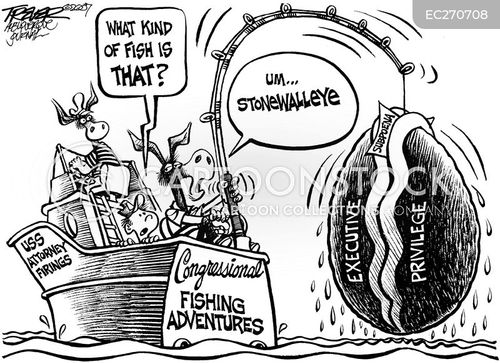The firings of U.S. Attorneys in 2006, which became a significant controversy during the George W. Bush administration, raise complex questions about the balance of power within the federal government, the role of the Department of Justice, and the rights of citizens. To understand this event, it’s crucial to delve into its background, the legal framework surrounding the appointment and removal of U.S. Attorneys, and the implications for democratic governance and individual rights.
Background to the Controversy
U.S. Attorneys are the chief federal law enforcement officers within their respective districts, responsible for enforcing federal laws and prosecuting federal crimes. They are appointed by the President and confirmed by the Senate for four-year terms. Historically, while U.S. Attorneys serve at the pleasure of the President and can be removed without cause, such removals for seemingly political reasons are rare and can be controversial.
In 2006, the Bush administration fired eight U.S. Attorneys, citing performance issues for some and unspecified reasons for others. However, it was later discovered that several of these attorneys were fired for not pursuing voter fraud cases aggressively enough or for pursuing public corruption cases against Republican officials. This led to accusations that the firings were politically motivated, sparking a significant political and legal controversy.
Legal Framework and Removal of U.S. Attorneys
The legal framework governing the removal of U.S. Attorneys is based on the principle that they serve at the pleasure of the President. This means the President can remove a U.S. Attorney without cause, although historically, such actions have been rare and typically been for significant reasons such as misconduct.
However, the controversy surrounding the 2006 firings highlighted potential abuses of this power. When removals appear to be based on political considerations rather than legitimate reasons, it can undermine the independence of the Justice Department and the rule of law, raising concerns about the politicization of justice.
Implications for Democratic Governance and Rights
The firing of U.S. Attorneys for political reasons has profound implications for democratic governance and individual rights. It can lead to:
- Erosion of Trust in the Justice System: Politicized removals can undermine public trust in the fairness and impartiality of the justice system.
- Manipulation of Justice: It can create an environment where justice is selectively applied based on political connections rather than the law, threatening the principle of equal justice under the law.
- Chilling Effect on Prosecutorial Independence: U.S. Attorneys may feel pressured to pursue or avoid certain cases based on political considerations rather than the merits of the case, compromising their independence and the integrity of the judicial process.
Knowing Your Rights
In the context of such controversies, it’s essential for citizens to understand their rights and how they can be impacted by politically motivated actions within the justice system. Key rights include:
- Right to Equal Protection Under the Law: Citizens have the right to expect that laws will be enforced equally and without political bias.
- Right to a Fair Trial: The politicization of justice can compromise the right to a fair and impartial trial.
- Freedom from Political Retribution: Citizens should be free from fear of political retaliation for exercising their rights, including the right to vote and the right to free speech.
FAQ Section
What is the role of a U.S. Attorney?
+A U.S. Attorney is the chief federal law enforcement officer in their district, responsible for enforcing federal laws and prosecuting federal crimes.
Can a U.S. Attorney be removed from office?
+Yes, a U.S. Attorney serves at the pleasure of the President and can be removed without cause, although such actions are typically rare and subject to political and legal scrutiny.
What are the implications of politicized removals of U.S. Attorneys?
+Politicized removals can undermine the independence of the Justice Department, erode public trust in the justice system, and compromise the principle of equal justice under the law.
In conclusion, the controversy surrounding the firings of U.S. Attorneys in 2006 highlights the delicate balance of power and the importance of protecting the integrity of the justice system from political interference. Understanding these issues and knowing your rights is crucial for maintaining democratic governance and ensuring that justice is served without fear or favor.



